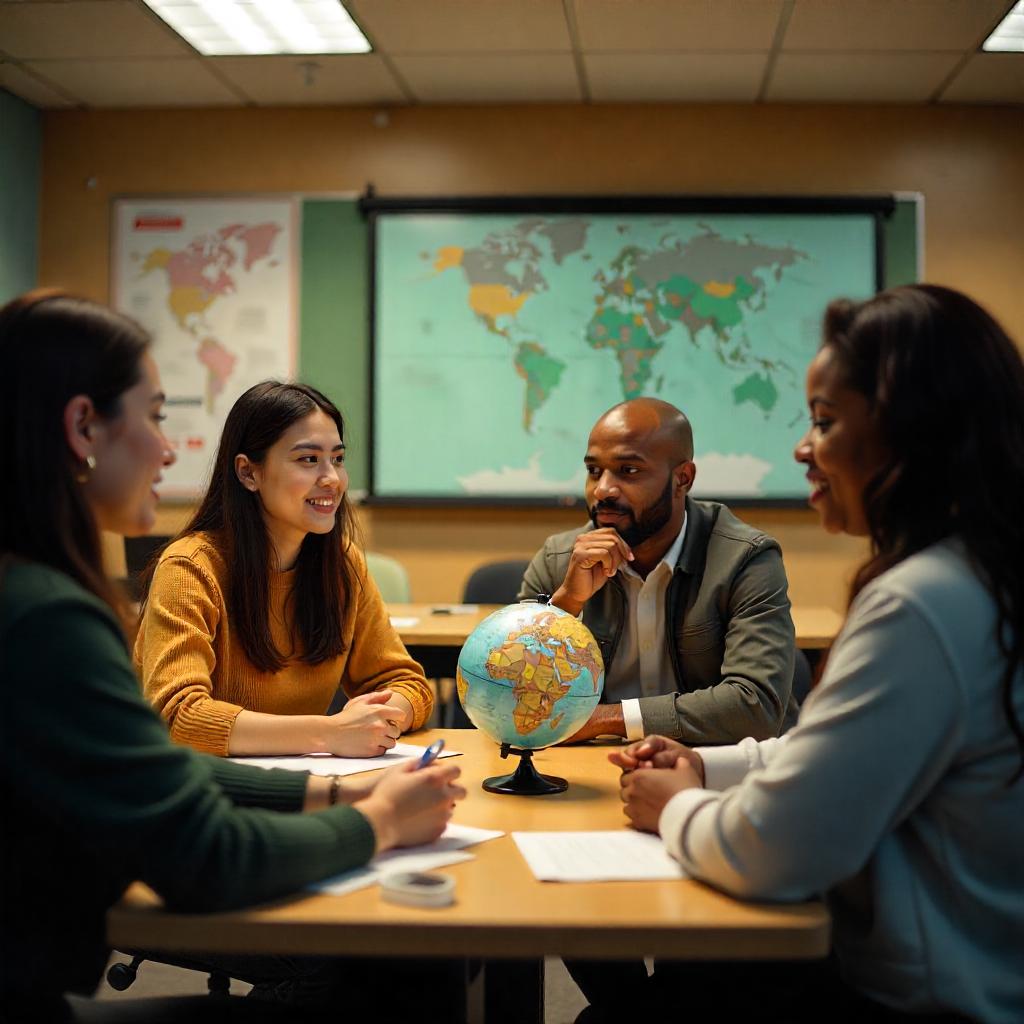Traveling the world is an exciting and life-changing experience, but it requires careful planning and preparation to make the most of it. Whether you’re embarking on a long-term trip or exploring a new country, these global travel tips will help you navigate your journey with ease, avoid common pitfalls, and make the most of your time abroad.
1. Do Your Research
Before you start booking flights or packing your bags, take the time to research your destinations thoroughly. Understanding the culture, local customs, transportation systems, and potential challenges will help you prepare for the trip and avoid surprises.
- Cultural Sensitivity: Learn about the local customs, traditions, and etiquette in the countries you’ll visit. Understanding how to dress, greet people, or respect religious practices will help you avoid misunderstandings and foster positive connections.
- Safety Tips: Research any travel advisories or safety concerns related to your destination. Websites like the U.S. Department of State or local government travel resources can provide up-to-date safety information.
- Weather and Climate: Know the climate of the places you’ll visit, so you can pack accordingly. Researching the best seasons for travel will help you avoid extreme weather conditions, such as monsoons or harsh winters.
2. Pack Light and Smart
Packing light is one of the most important aspects of traveling around the world, especially if you’re visiting multiple destinations with varying climates. The less you carry, the more freedom you have to explore.
- Essential Gear: Invest in a durable backpack or suitcase that’s easy to carry and fits all your essentials. Stick to versatile clothing that can be mixed and matched, and pack lightweight, moisture-wicking clothes that are suitable for various weather conditions.
- Multi-Use Items: Opt for travel items that serve multiple purposes. For instance, a scarf can double as a blanket or a pillow, and a smartphone charger can work as a power bank.
- Travel-Size Toiletries: Pack only travel-sized toiletries to save space and comply with airport security regulations. Many hostels and hotels provide shampoo and soap, so there’s no need to overpack.
3. Stay Flexible
One of the best parts of traveling is the freedom to explore, but this also means that plans can sometimes change unexpectedly. Embrace spontaneity and remain flexible in your approach.
- Allow Room for Changes: While it’s important to have a rough itinerary, be open to altering your plans based on recommendations from fellow travelers or new opportunities that arise.
- Last-Minute Deals: Flexibility allows you to take advantage of last-minute discounts on flights, accommodation, or activities. Websites like Skyscanner, Booking.com, or Airbnb often feature deals for travelers who are willing to book on short notice.
4. Embrace Local Transportation
Using local transportation can significantly reduce your travel costs and provide a more authentic experience. It’s also a great way to meet locals and immerse yourself in the day-to-day life of your destination.
- Public Transit: In many cities, buses, subways, and trams are the most affordable and efficient ways to get around. Look into purchasing transportation passes, which can provide unlimited travel for a set number of days.
- Trains and Buses: In countries with extensive train and bus networks, these options are often cheaper and more scenic than flying. Consider purchasing rail passes, such as the Eurail Pass in Europe or the India Rail Pass for exploring India by train.
- Ridesharing and Taxis: Use ridesharing apps like Uber, Lyft, or Grab to get around cities at an affordable price. Always agree on the fare with a taxi driver before getting into the cab to avoid misunderstandings.
5. Use Technology to Your Advantage
Smartphones and apps can be incredibly helpful when navigating foreign countries. There are countless travel apps available to help with everything from language translation to currency conversion.
- Language Apps: Use translation apps like Google Translate or Duolingo to help bridge the language gap. These apps allow you to communicate more easily in non-English speaking countries.
- Currency Converter: Download a currency converter app to ensure you’re getting the best value when exchanging money or making purchases abroad.
- Travel Guides: Use apps like TripAdvisor, Lonely Planet, or Google Maps for recommendations on things to do, places to eat, and how to navigate a new city. Offline maps are essential in case you don’t have internet access while on the go.
6. Learn Basic Phrases
While English is widely spoken in many parts of the world, it’s always appreciated when you make an effort to learn some basic phrases in the local language. This small gesture can go a long way in building rapport with locals and enhancing your travel experience.
- Greetings: Start with greetings like “hello,” “thank you,” and “goodbye.” Simple phrases such as “How are you?” and “Please” also go a long way.
- Essential Phrases: Learn phrases related to transportation, food, and emergency situations, such as “Where is the bathroom?” or “How much is this?”
- Local Gestures: Research any common gestures or non-verbal communication used in the country to avoid misunderstandings.
7. Stay Healthy and Safe
Health and safety should be your top priorities when traveling internationally. Ensure that you take the necessary precautions to avoid getting sick or facing health issues.
- Travel Insurance: Always purchase travel insurance that covers medical emergencies, accidents, and unexpected cancellations. This is especially important for long-term travelers, as it offers peace of mind in case of illness or injury.
- Vaccinations: Check the vaccination requirements for each country you visit. Some destinations may require certain vaccinations, especially for tropical or remote areas.
- Stay Hydrated and Eat Smart: Drink plenty of water and avoid tap water in some regions. Try local food but be cautious of street food, especially if it hasn’t been cooked properly. Carry hand sanitizer to maintain hygiene.
8. Budget Wisely
While exploring the world can be a thrilling experience, managing your finances is key to ensuring that your trip lasts as long as possible.
- Set a Daily Budget: Create a daily spending budget based on your trip duration and destination costs. Some countries may be much cheaper to travel through than others, so adjusting your budget accordingly will help.
- Save Money on Accommodation: Stay in hostels, guesthouses, or Airbnb accommodations to save money on lodging. Consider house-sitting or using platforms like Couchsurfing to find free places to stay.
- Track Your Spending: Use budgeting apps like Trail Wallet or Expensify to track your daily expenses and keep your finances in check.
9. Respect the Environment
Traveling responsibly means considering the environmental impact of your journey. Sustainable travel practices help preserve the beauty of the places you visit for future generations.
- Eco-Friendly Travel: Use reusable water bottles, avoid plastic straws, and opt for sustainable travel gear. Carry a cloth bag to reduce plastic waste and avoid contributing to pollution.
- Conserve Resources: Be mindful of your energy consumption by turning off lights when leaving rooms and minimizing water use during your stay.
- Support Local Businesses: Whenever possible, support locally-owned businesses, whether it’s eating at a small restaurant, purchasing handmade souvenirs, or booking tours with local guides.
10. Stay Connected
Staying in touch with family and friends back home will keep you grounded and provide support if needed. It also allows you to share your experiences with loved ones.
- SIM Cards and Wi-Fi: Consider purchasing a local SIM card for affordable data or use Wi-Fi at cafes and public spaces to stay connected.
- Social Media: Share your adventures on social media platforms like Instagram, Facebook, or travel blogs to document your journey and keep your loved ones updated.
- Emergency Contacts: Always have emergency contact numbers for your country’s embassy or consulate, as well as local emergency services.





